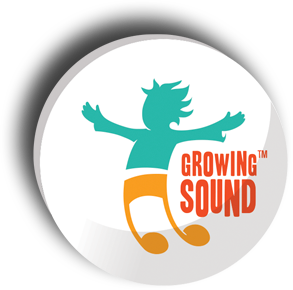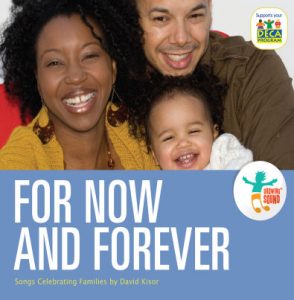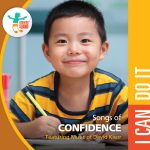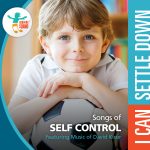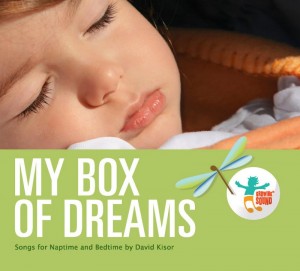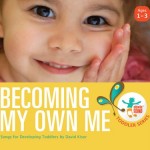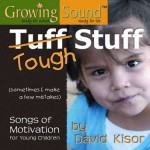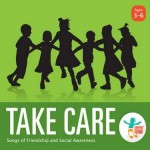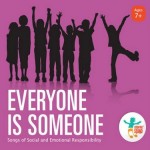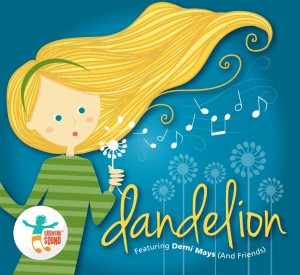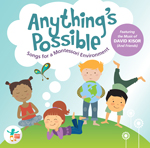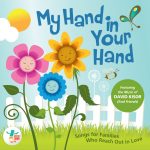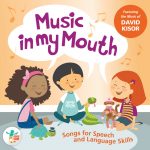
From Their Very First Breaths
The day a child is born, they are welcomed into the world by family and friends. This is where crucial development skills start. Skin-to-skin with both parents, being held, cradled and soothed, being fed on command and quickly changed when needed is a vital part of their overall development. As infants begin to attach themselves to family members, friends, and care providers, they begin learning how to trust and become more likely to interact with others while exploring their surroundings.
From their very first breaths, the relationships they are greeted with will impact the way they see the world, how they trust, their intellectual development, improve their academic success, and reduce overall negativity in their lives such as substance abuse, depression, and anxiety.
Skills Needed For Growth And Development
- Build Emotional Skills – It is vital to their overall development that young children begin learning emotional skills, and parents, as well as their care providers, will be the earliest teachers of such. By showing a child simple skills like waving and smiling at new faces, they learn how to interact with others in the world. Teaching and appropriately naming these basic emotions (love, fear, sad, scared, nervous, etc.) will help the child learn how to describe their feelings and be better at expressing their emotions. As they grow, teaching emotional skills like empathy, compassion, and sharing can encourage them to have a healthy emotional life and be well rooted in dealing with life’s highs and lows.
- Build Language Skills – Parents and care providers should work on communication effectively with their children– even when they are infants. Although they might not be able to respond yet, they can absolutely hear you and will be learning when they hear adults talk to them.
- Build Motor Skills – Motor skills include learned behaviors like rolling over, sitting up, walking, running, climbing, eating with utensils, and more. While these skills might seem super simple to you, it is still your responsibility to teach them to your children or other children you come in contact with. As children develop motor skills, they begin to feel more independent.
Family Values
As your child grows, they start understanding what it means to be right or wrong. Their family and other close contacts are the best teachers when it comes to these lessons, and they help them form their own set of values and norms. Because children learn through observation, an adult’s role in their life sets the tone for the values and skills they will have as you are modeling the behaviors they will soon adapt.
When children see adults in their lives treating others with kindness and respect, they start exhibiting these behaviors as they have been shown. Parents and care providers should talk to their children and ask them about what values they feel are good and which ones are not. From learning how to clean up after themselves, to showing compassion when they see someone that needs it, children will take these values and apply them to their everyday lives.
Sense Of Security
Children rely on adults to fulfill their basic needs like providing them with home, food, and clothes. This helps them to develop a primary sense of security that they can only get from those closest to them. Children also receive their initial sense of emotional security from the adults in their lives. One of the best ways we can make a child feel secure is by establishing a routine and keeping them on their schedule. When a child knows that they will eat, sleep, bathe, and wake up at a certain time, they feel comfortable and secure knowing that all of their day’s needs are going to be fulfilled.
A secure home teaches children to be comfortable with who they are and allows them to express themselves freely knowing they won’t be judged. When parents, relatives, friends, care providers, etc. create a safe, open environment, a child feels safe and secure and, as a result, will thrive in their development.
From attachment beginning at birth to teaching fundamental skills through their childhood, as well as instilling good values and creating a sense of security, everyone in a child’s life plays an incredibly important role in their lives and overall well-being, setting them up for a happy, healthy, wonderful life.
We Suggest…
Growing Sound’s Music is Based on the Latest Research in Social & Emotional Development.
We have received numerous awards for our products including Mom’s Choice Award, Parent’s Choice Award, Teachers Choice Award, Creative Child Magazine Award, Family Review Center Awards, Oppenheim Award, and more.
Click on an Collection To Listen To the Music!
Who You’ll Be Someday:
Songs and Stories for
Naptime and Bedtime
Ages 0-4
Contact us for more information!
